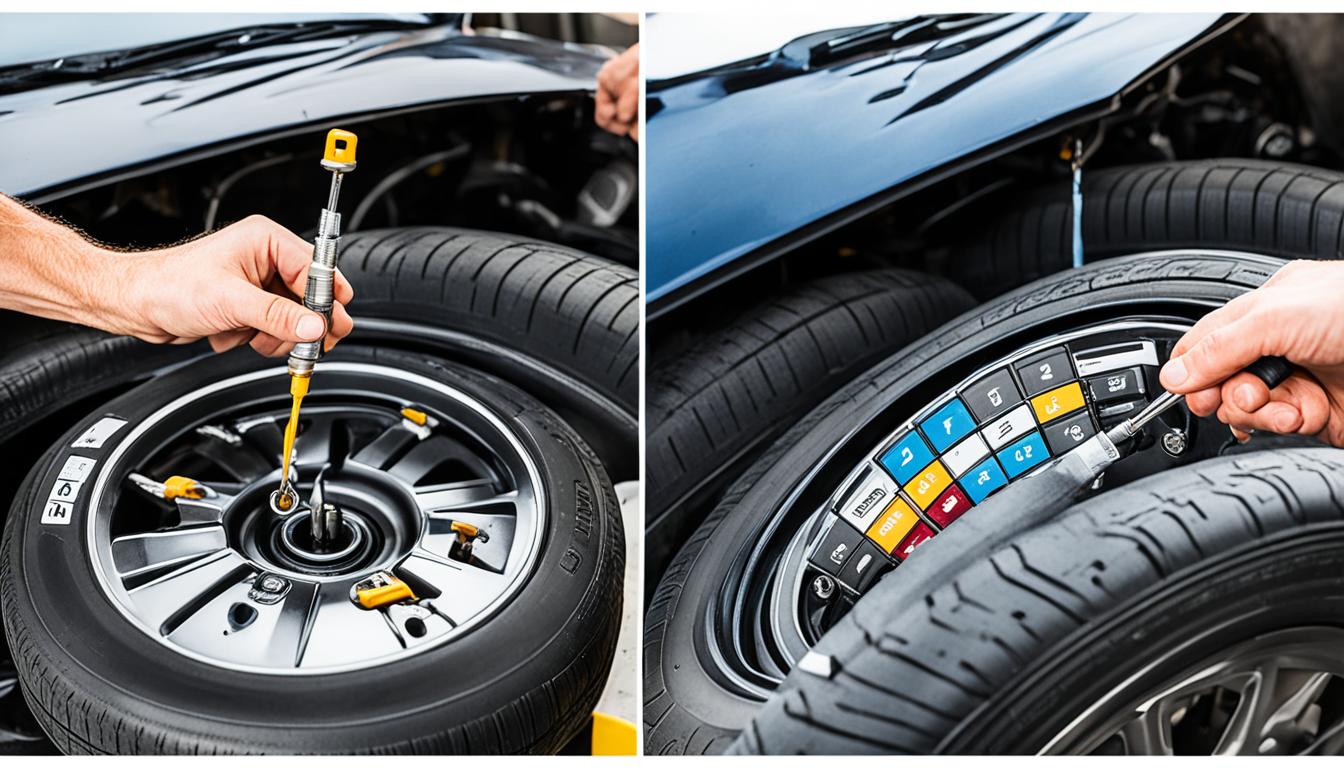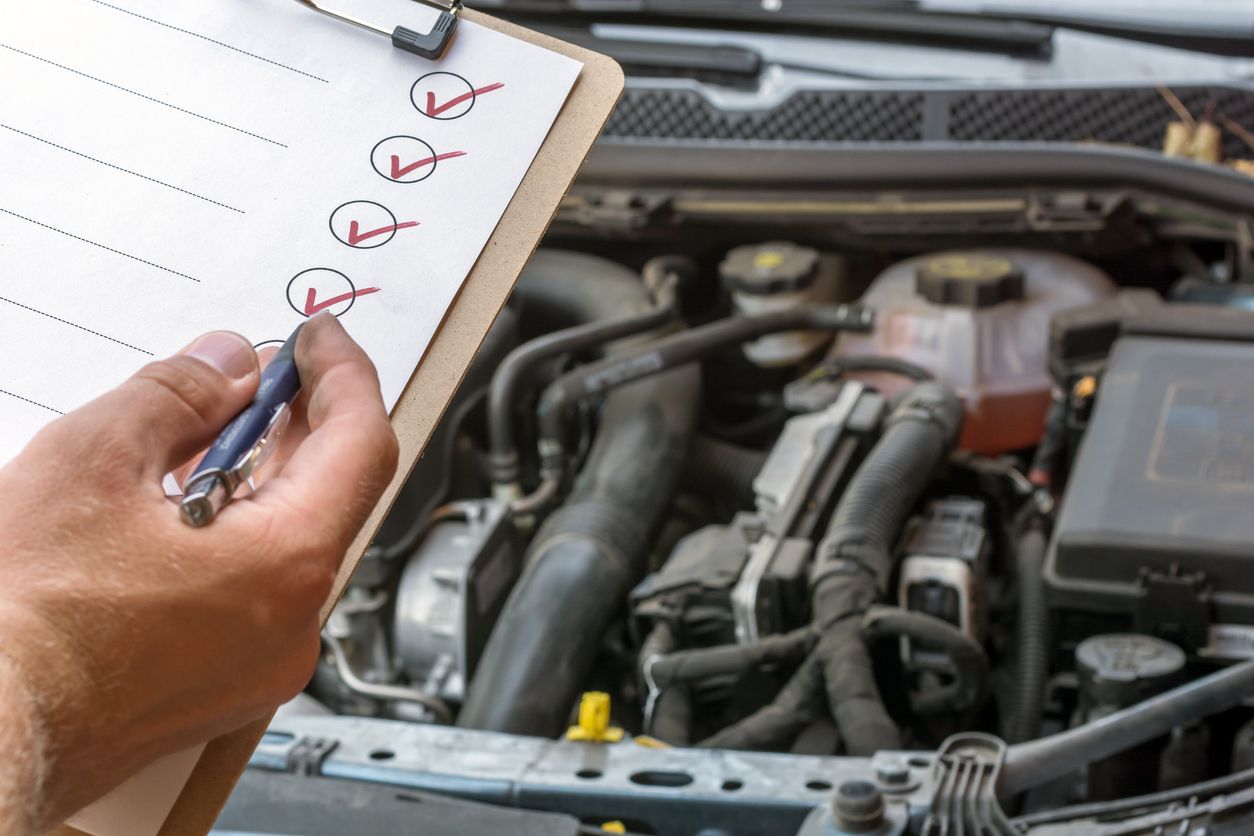All Categories
Featured

Modern cars are outfitted with innovative engine control devices (ECUs) that check and manage numerous parts of the engine. Engine diagnostics is an effective device that enables technicians to identify concerns early, assisting avoid major repair services and making sure the durability of your vehicle.
- What Are Engine Diagnostics? Engine diagnostics describe the process of utilizing specialized devices to monitor and assess the efficiency of a car's engine. The diagnostic system within an automobile gathers data from sensing units located throughout the engine and other important elements, such as the gas, exhaust, and transmission system. This data is then refined by the vehicle's onboard computer, which can spot malfunctions or irregularities.
Mechanics can connect a diagnostic tool, normally an OBD-II (Onboard Diagnostics) scanner, to your automobile's ECU to obtain mistake codes and real-time information. These codes indicate details locations where the engine or other parts might be experiencing problems, also before advising lights or performance adjustments are visible to the motorist.
- Recognizing Issues Early. Among the most considerable advantages of engine diagnostics is the ability to identify issues early, often prior to they escalate into significant problems. Small troubles, such as a misfiring ignition system, a faulty sensing unit, or an inefficient fuel injector, can progressively intensify if left uncontrolled. With very early discovery via engine diagnostics, technicians can address these minor concerns before they trigger substantial damages.
As an example, if a sensor identifies that the engine is running abundant or too lean (insufficient or excessive fuel), this might bring about raised endure engine parts or poor gas effectiveness. By detecting this early, the technician can change the air-fuel mix, protecting against costly repair services later on.
- Protecting Against Engine Damage. Over time, troubles with the engine's elements, such as the timing belt, exhaust system, or cooling system, can cause serious damage otherwise resolved quickly. For example, an overheating engine as a result of a falling short radiator or water pump can cause comprehensive inner damage, such as distorted cylinder heads or a blown gasket. Identifying problems early through the engine diagnostics system can prevent these situations from advancing to disastrous engine failing.
The diagnostic system can also discover issues with the exhaust system, such as a malfunctioning catalytic converter, which might cause bad engine performance and ultimate engine damage otherwise repaired.
- Minimizing Repair Work Expenses. By recognizing and attending to minor concerns early, engine diagnostics can conserve you substantial cash on repairs. When troubles are captured early, fixings tend to be less complex and much more economical. For example, replacing a defective oxygen sensor or cleansing a clogged up gas injector is fairly low-cost compared to changing a whole engine as a result of overlook.
In addition, engine diagnostics help stop unneeded repair services by pinpointing the exact reason for the issue. Without diagnostics, mechanics might have to execute considerable screening and trial-and-error approaches to detect the issue, which can boost both time and expense.

- Improving Car Efficiency and Performance. An additional advantage of normal engine diagnostics is that it assists enhance your car's performance and gas performance. If the engine is running smoothly and all systems are functioning ideally, you will certainly experience better acceleration, smoother driving, and boosted fuel economic climate. Engine diagnostics can reveal issues such as a stopped up air filter, a malfunctioning mass air movement sensor, or a damaged ignition system that can impede your automobile's efficiency.
For instance, a malfunctioning thermostat might create your engine to get too hot or not reach its suitable operating temperature. A diagnostic scan will certainly assist determine this problem early, preventing overheating and guaranteeing your vehicle operates at its finest.
- Why Regular Diagnostics Matter. While several chauffeurs might assume of engine diagnostics as something to do just when the "check engine" light appears, routine diagnostics must belong to regular automobile upkeep. Several car repair service shops and car dealerships offer analysis checks as part of an annual solution or tune-up. Normal analysis scans assist capture issues before they create visible symptoms or breakdowns, eventually protecting against major repair services in the future.
It is also worth keeping in mind that if you're intending to offer or trade-in your lorry, having a recent engine analysis report can be beneficial. Potential buyers or car dealerships might be more likely to offer a greater trade-in worth or purchase rate if they know the car has actually been well-maintained and cost-free of significant engine problems.
- Conclusion. Engine diagnostics play a crucial role in keeping your vehicle running effectively and preventing pricey repair work. By identifying problems early, stopping engine damage, minimizing fixing prices, and boosting performance, engine diagnostics ensure your auto remains trusted for many years to come. Regular diagnostic checks as part of your automobile's routine upkeep will certainly aid you capture little problems prior to they turn into major repairs, giving you assurance when driving and protecting your financial investment.
Latest Posts
Take Advantage of Special Auto Repair Offers in Chicago at Montclare Auto Repair
Published May 28, 25
1 min read
Explore the Greatest Auto Repair Discounts in Montclare, Chicago
Published May 26, 25
1 min read
Learn How to Save Big on Car Maintenance with Montclare Auto Repair’s Exclusive Deals
Published May 26, 25
1 min read
More
Latest Posts
Take Advantage of Special Auto Repair Offers in Chicago at Montclare Auto Repair
Published May 28, 25
1 min read
Explore the Greatest Auto Repair Discounts in Montclare, Chicago
Published May 26, 25
1 min read
Learn How to Save Big on Car Maintenance with Montclare Auto Repair’s Exclusive Deals
Published May 26, 25
1 min read